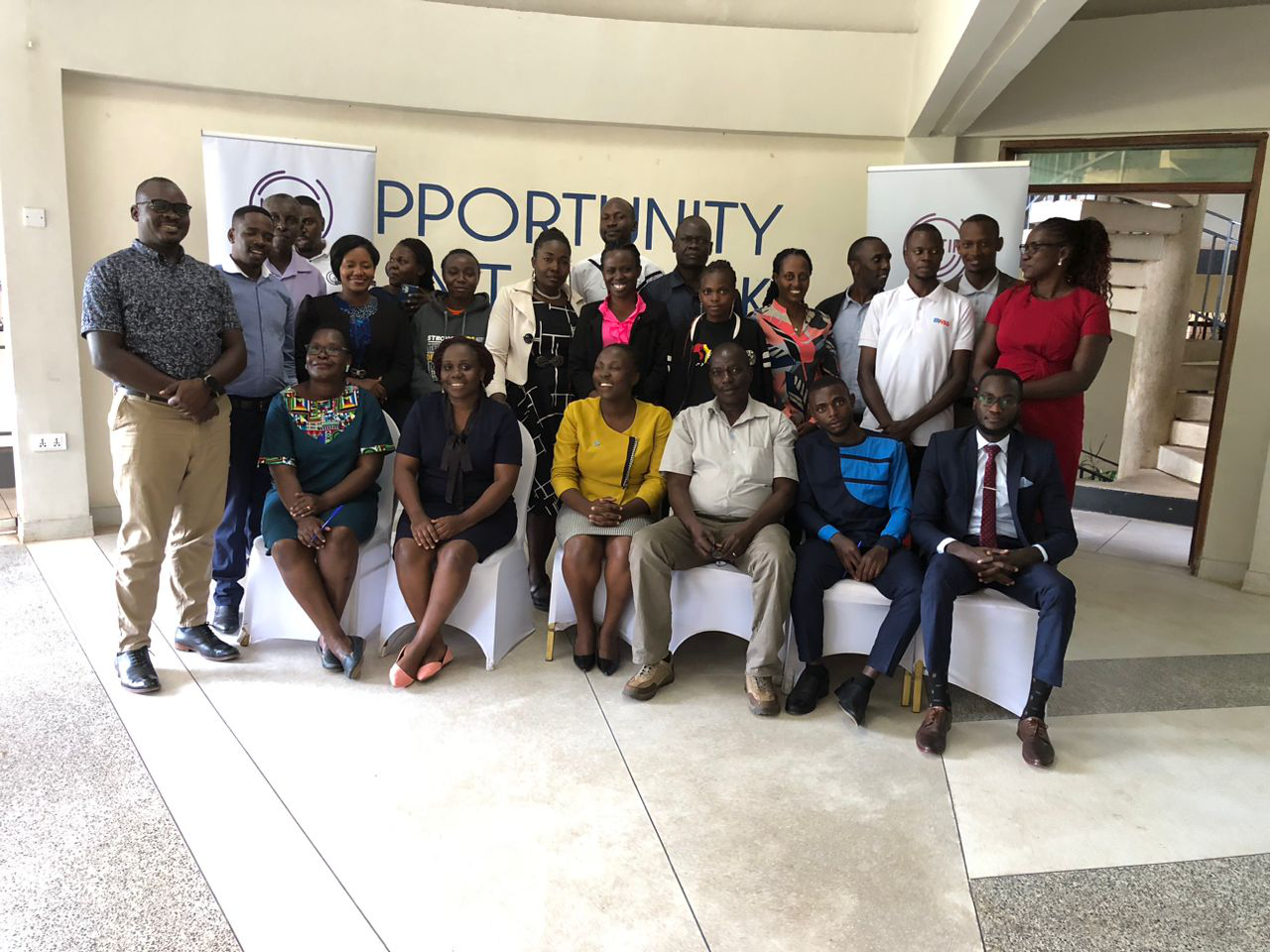Strengthening Support for Victims of Trafficking and Vulnerable Migrants in Uganda, CATIPU initiates coordination platform.
Uganda, like many other countries, faces significant challenges related to unemployment, which often leads to the exploitation and abuse of vulnerable populations, especially women and young people. This dire situation has made individuals susceptible to trafficking in persons and other forms of exploitation. It is also important to note that Uganda continues to serve as a source and transit point for migrants seeking to work in the Middle East and other parts of the world, which is a situation that traffickers exploit and take advantage of by engaging these migrating and transiting populations in forced labour and sex trafficking, as well as other forms of trafficking. Such evidence suggests that the exploitation of vulnerable migrants is a pressing issue in Uganda.
Recognising the need for intervention, the Coalition Against Trafficking in Persons-Uganda (CATIP-U), in collaboration with the German-Uganda Development Cooperation through the Better Migration Management Programme (BMM), has taken a proactive approach to create a coordination platform for referral and sustainable solutions for victims of trafficking and vulnerable migrants.
Preliminary findings from a mapping exercise that we conducted in 2022 revealed the existence of a significant number of non-state actors, such as local NGOs and international organisations, that offer services aimed at enhancing socio-economic opportunities for victims and vulnerable migrants. However, the transition of victims into the labour market remains a hurdle. To bridge this gap, CATIP-U identified and conceptualised that the involvement of the private sector is a crucial factor in providing sustainable solutions to this issue. As a result, we have now launched and initiated dialogues towards establishing a coordination platform between CSOs and private sector players.
The main objective of these dialogues and organised engagements is to initiate discussions and determine the working modalities of the coordination platform. This platform will aim to create linkages between service providers and the private sector, enabling comprehensive support for victims. By bringing together key stakeholders, including CSOs and private sector players, the platform will enhance collaboration and ensure a more targeted response to the needs of victims and vulnerable migrants. The establishment of this coordination platform will lead to several tangible outcomes, especially towards enhancing access to sustainable solutions (i.e., economic activities and other services) for victims of trafficking, vulnerable migrants, and returned labour migrants and linking them to socio-economic and livelihood opportunities.
According to the 2022 report from the U.S. Department of State and the national report on trafficking in persons in Uganda 2021, access to adequate services and sustainable solutions for the victims of trafficking in persons and vulnerable migrants remains a challenge, and this results in re-victimisation of the victims of trafficking.
Currently, most of the protection services are directly offered by non-state actors, particularly local NGOs and international organisations. The preliminary findings from the mapping of sustainable solutions in Uganda undertaken by CATIP-U with support from BMM II indicated that 78% of members and nonmembers of the coalition offer a wide range of services that aim at enhancing access to socio-economic opportunities for the VoTs and vulnerable migrants for sustainability purposes. While service providers provide vocational and life skills to VoTs and vulnerable migrants, oftentimes the victims are unable to transit into the labour market. In addition, the role of the private sector in supporting VoTs and vulnerable migrants to access sustainable solutions was identified as a key facilitator, thus the need to actively engage them and create linkages between the service providers and the private sector players.
By establishing this coordination platform, CATIP-U and its partners aim to address these challenges, combat trafficking in persons, and protect vulnerable populations. Through enhanced collaboration and the provision of sustainable solutions, we can work towards building a safer and more secure future for victims of trafficking and vulnerable migrants in Uganda.
Special thanks to all the partners that are part of these engagements including; Women Probono Initiative, Federation of Uganda Employers, Dwelling Places, Emerging Solutions Africa, The Salvation Army, Make A Child Smile, Mukono Youth Advocacy Alliance, Human Trafficking Institute, East Africa Youth Network, Barisa Fashions, tailors and designers, Buikwe Touch Rehabilitation Ministries, Footprint to Freedom, Uganda Association of External Recruitment Agencies (UAERA), Platform for Labor Action, Willow International, Maya Center for Social Innovation, Strong Minds Uganda, GIZ-Better Migration Management (BMM) and GIZ Employment and Skills for Development (E4D).

